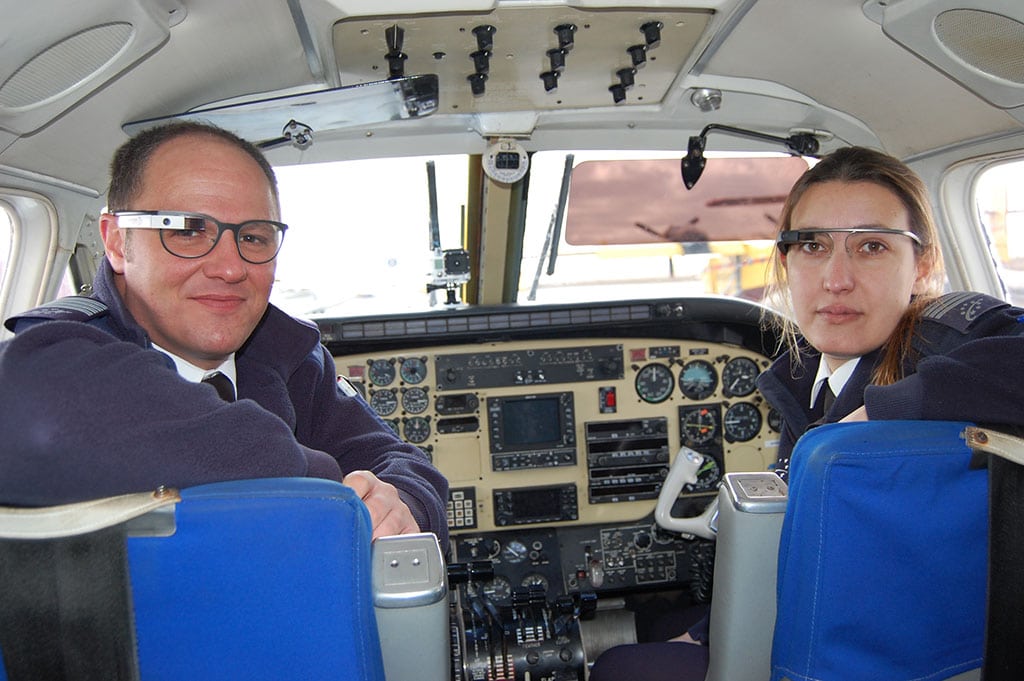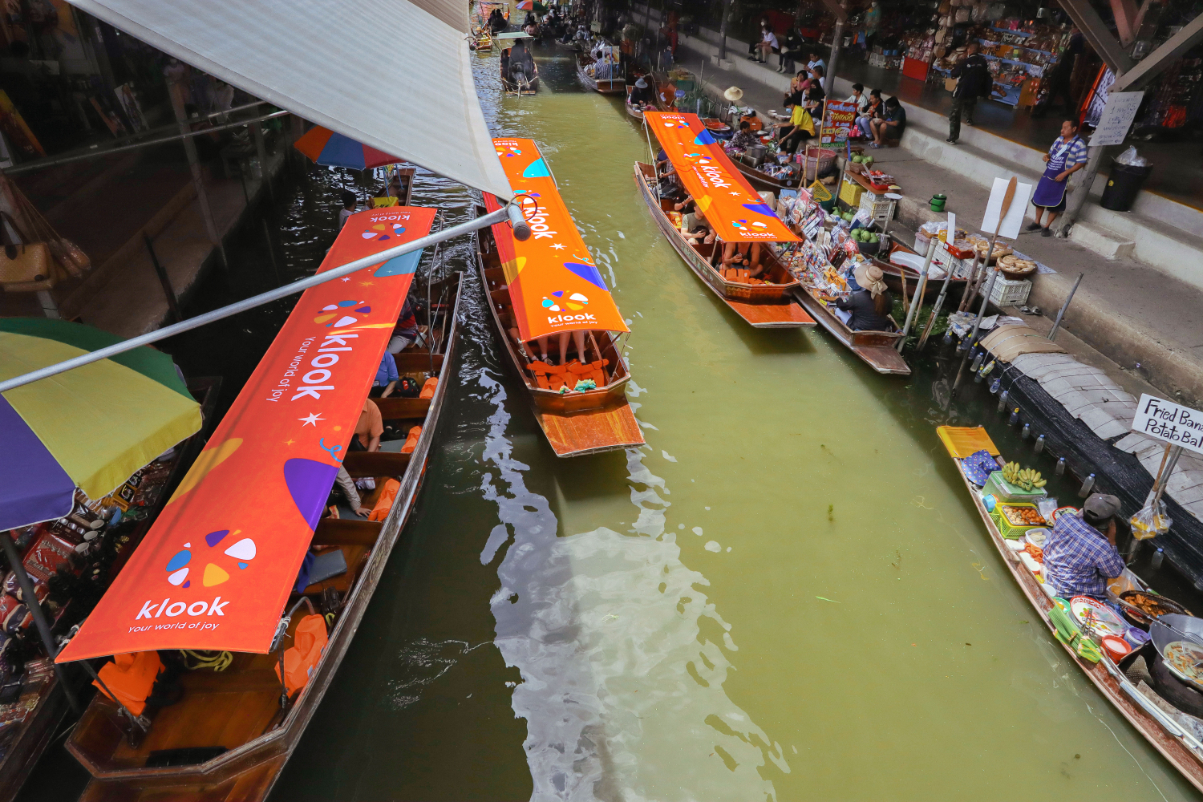Europe's Leading Flight School Is Testing Use of Google Glass by Pilots

Skift Take
Forget about lovely concierges at airport lounges greeting you with a wink and a flash of their Google glass. That's so yesterday.
Google has aims higher than being grounded waiting at the terminal waving you past as you prepare for take off. It wants to float in the clouds and fly your plane. That's not a sometime tomorrow goal for Google. It's a reality today.
Pilots at Europe's leading Aviation School, Adventia, an adjunct of Spain's prestigious University of Salamanca, made history this March by flying the first Google Glass operated flight.
The school believes this technology holds great promise for aviation, beyond your First Class Lounge. They say the high-tech capabilities of Google Glass was ideally designed for information, mapping, and guidance.
San Francisco- and Murcia-based Glassware developers Droiders adapted a checklist application they developed to support faculty at Stanford University's College of Medicine, to power Adventia's flying Google Glass. Adventia asserts that the application improves pilot training by increasing the information available to pilots, which, they indicate will be directly beneficial to safety. They emphasized that Google Glass operated flights are a perfect complement to previous instruction in flight simulators.
The first two intrepid pilots to let Google Glass guide their process were Juan Riquelme, Chief Flight Instructor at Adventia, and Diana Rodríguez, Chief of Flights at the University. As shown in the video, they use Google Glass to complete their pre-flight checklist, during the flight to supplement the aircraft's own guidance systems, and even to complete their final checklist after landing.
Google Glass also provided the pilots with real-time updates on weather conditions, flight path maps and updated runway approach maps.
For her part, Diana Rodríguez counted herself lucky to be part of the first pair to have this unique experience.
"It's a device which, in future, offers great improvements [to pilots]," she says. "We won't have to take a hundred things on board like maps, checklists, manuals..it's all on the glass."
There's no way to say how soon you'll find all pilots walking through the world's airport terminals wearing their Google Glasses, but it's fair to say that Tablet Flight Bags will become passé soon enough.
Adventia was Europe's first dedicated flight school, and after a 40 year tradition of innovation, they're unafraid to try new technology on for size. No doubt, this step proves they're comfortable pushing the flight envelope.
Marisa Garcia has worked in aviation since 1994, spending 16 years on the design and manufacturing of cabin interiors and cabin safety equipment. She shares insights gained from this experience on Flight Chic and Tweets as @designerjet.




